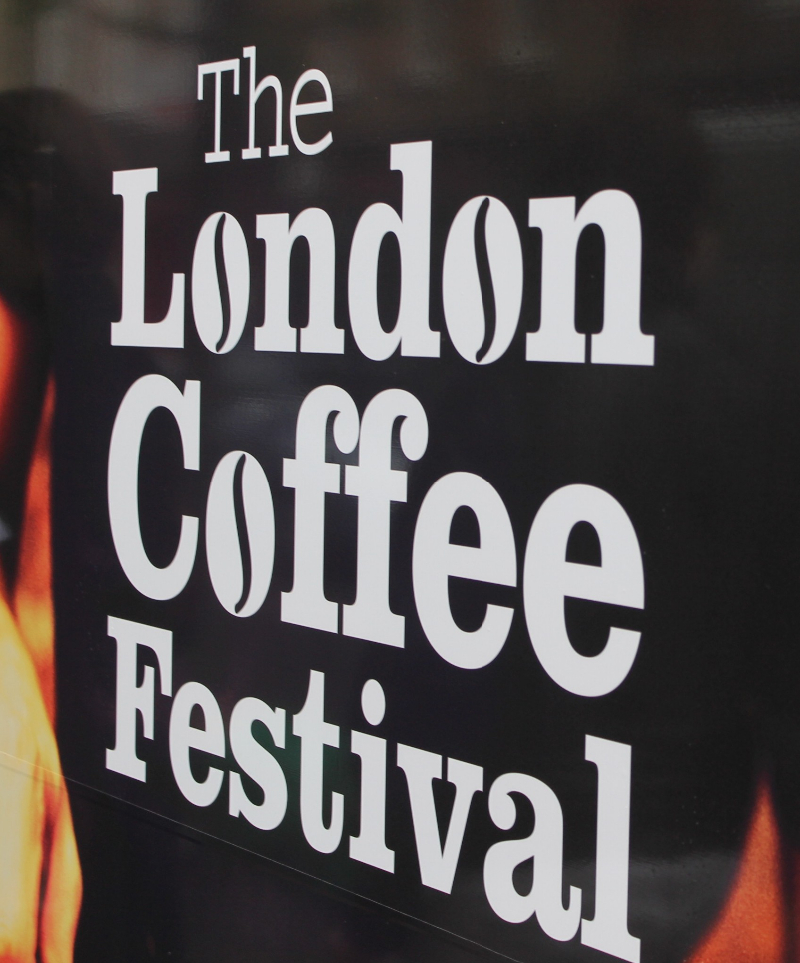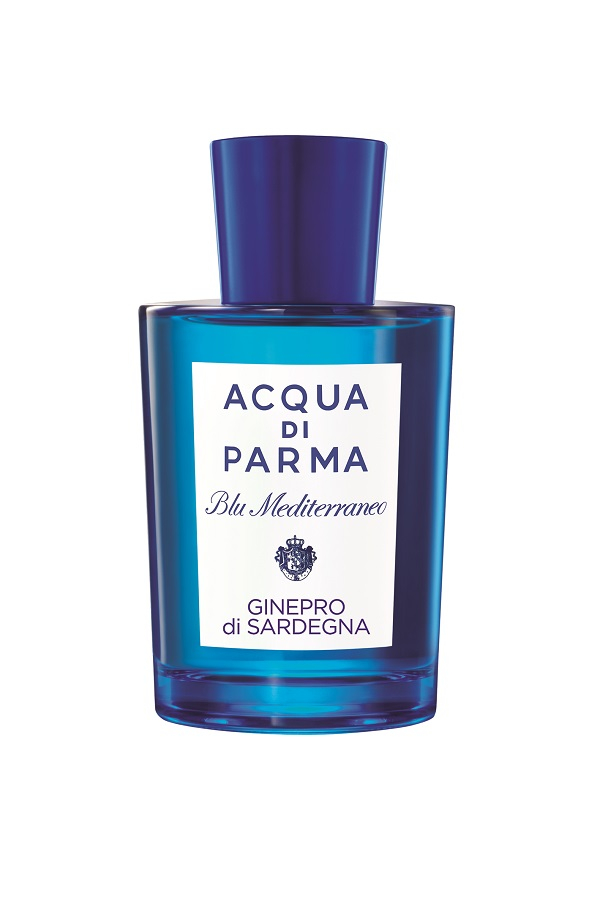Elegy for Daniel Pearl memorial in St Martin-in-the-Fields

The story of the journalist Daniel Pearl is one that has been reborn as a reason to fight the hatred and bigotry that led to the death of Pearl. It was the wish of Daniel’s father, Judea, that music be used as the most appropriate medium to spread this message. These memorial concerts are now truly international, taking place in every corner of the globe to remind and reinforce concepts of humanity.
The latest was the Elegy for Daniel Pearl taking place in the gorgeous St Martin-in-the-Fields church. Above the performers at all times there hung the beautiful East Window, whose stone radiated the candlelight creating almost a sense of starlight. The setting was well suited for the message of the Pearl concert, with both classical and modern elements to its architecture and a program that ranged from Chopin to David Heath (the composer for the film produced of Daniel’s life).
The program was an interesting one. There were two performers: Andrew McNeill on saxophone and Daniel Moult at the organ, and they began with a rendition of Chopin’s Prelude in E minor transposed to fit the instruments. The piece was utterly beautiful, and certainly apt for the theme of the concert, but a very morose note to begin on. However, this did set the mood for what would be a sorrowful concert. Marcello’s Concerto in C minor and Strauss’ Four Last Songs were played with abysmal sadness, and the saxophone could not have brought out that suffering more than was done.
Points of irritation in the program came in the form of surprising turns in tempo. Concerto in C Minor left the audience in something of a trance, which was unexpectedly ended by Toccata in B flat minor (Vierne), which is not dolorous by any means. It was then a swift return back to a sense of elegy, which had a disconcerting effect on the whole.
The same pattern repeated in the second half of the concert; after a piece arranged for the duo taken from the softer sections of Messiaen’s Quatuor pour la fin du temps (Quartet for the End of Time), we were suddenly met with the thunderous, discordant opening to Heath’s piece, written for Daniel, Elegy for Daniel Pearl. The piece itself seemed to emulate the pattern of frantic volume variation; it passed from these wrenching discords to overtly sentimental passages, and back again.
These pieces, and those that followed, are entirely modern, and so divided the audience regarding reception – some hollered from their pews, others twisted uncomfortably and clapped when it seemed most appropriate. David Heath himself made a short speech before the performance of Elegy, and humbly recounted Judea’s reaction to the music – that it must “never be associated with my son!”, which was quite an introduction before the piece itself had to be played.
On the whole the performers were brilliant. Andrew McNeill was especially endearing, but there was no shortage of admiration for the meticulous technique of Moult. The audience was at different periods – entranced, wistful and even tearful.
A final and special word must go to Judea himself who provided a reading of his poem The Lions’ Den, which was sweet and touching, and a wonderful work in its own right; certainly, it received a warm reception. Judea’s words to the audience, and his appearance at the concert were a focused reminder of his objective – what he seeks to achieve. The concert ended with a swell of emotion from the audience and artists, with a great appreciation of the work they were doing and will continue to do.
Jack Flanagan
For further information on the Daniel Pearl memorials visit the official website






















Facebook
Twitter
Instagram
YouTube
RSS